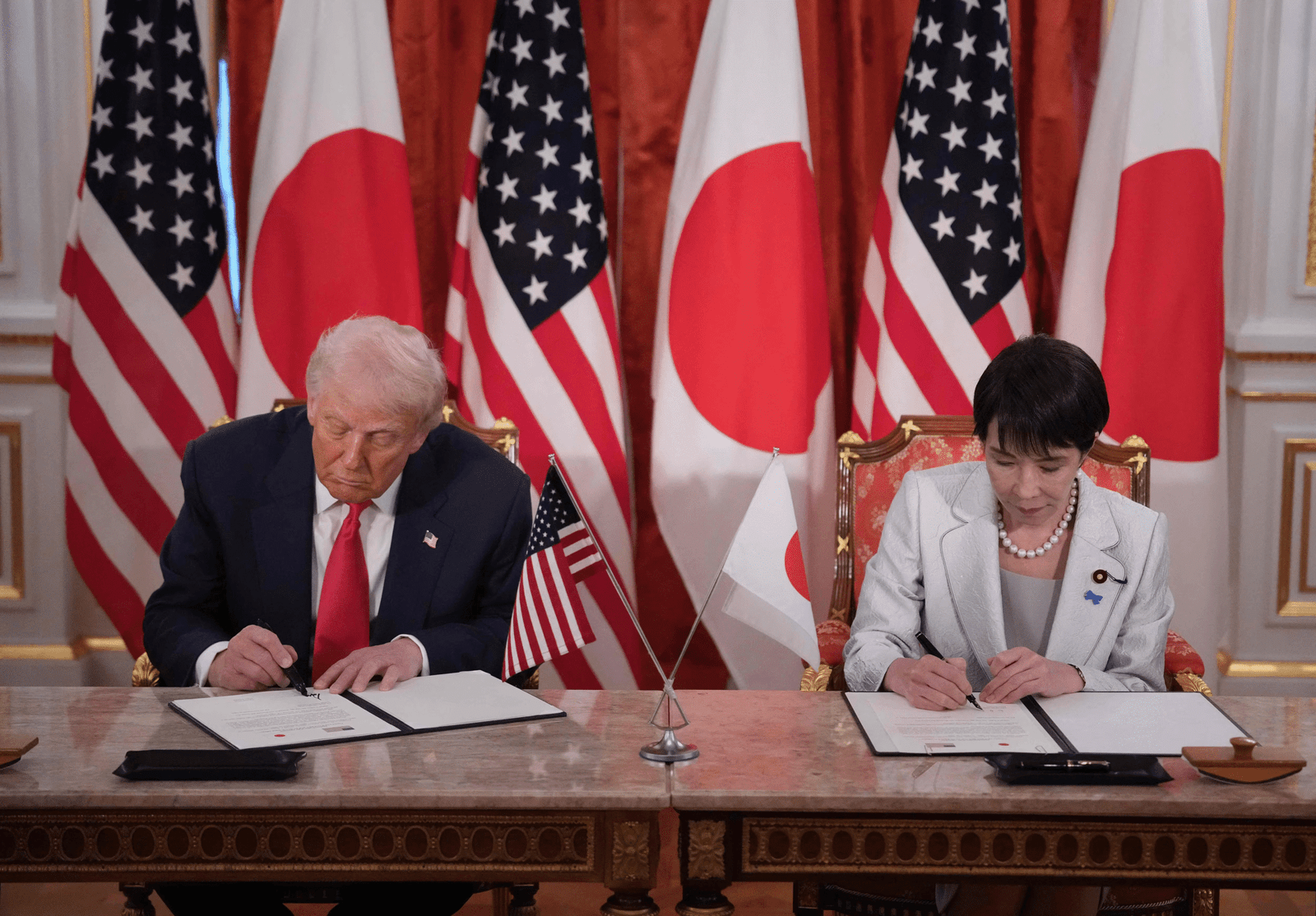In a landmark step to strengthen economic and strategic ties, the United States and Japan signed an agreement on Tuesday aimed at “securing and stabilizing” the supply of critical minerals and rare earth elements, as President Donald Trump visited Tokyo during his Asia tour.
The deal comes at a pivotal time as China tightens export restrictions on rare earths—materials crucial for producing electric vehicles, smartphones, defense systems, and renewable energy technologies.
According to a White House statement, the agreement seeks to “assist both countries in achieving resilience and security of critical minerals and rare earths supply chains.”
“The United States and Japan will jointly identify projects of mutual interest to address gaps in supply chains for critical minerals and rare earths,” the statement read, citing areas such as permanent magnets, batteries, catalysts, and optical materials.
Both governments have agreed to mobilize private sector investment to strengthen these supply networks and reduce dependence on China, which currently dominates global rare earth processing.
Trump, Takaichi Praise ‘Golden Age’ of Partnership
The agreement was signed following a warm meeting between President Trump and Japan’s new Prime Minister, Sanae Takaichi, who described the occasion as the beginning of a “new golden age” in Japan–US relations.
Takaichi, Japan’s first female prime minister, praised Trump’s leadership in mediating global conflicts and announced she would nominate him for a Nobel Peace Prize.
“I would like to realize a new golden age of the Japan–US Alliance, where both Japan and the United States become stronger and more prosperous,” Takaichi said.
Trump returned the praise, calling Japan “an ally at the strongest level” and expressing admiration for Takaichi’s decisive leadership.
“It’s a great honor to be with you, especially so early in what will be, I think, one of the greatest prime ministers,” Trump said, while joking that he was late because he was watching the World Series game featuring Japanese stars Shohei Ohtani and Yoshinobu Yamamoto.
Trade and Security Fronts Take Center Stage
The new deal underscores the growing strategic alignment between Washington and Tokyo as both countries work to counter China’s expanding influence in the Indo-Pacific region.
Beijing’s recent announcement of sweeping restrictions on rare earth exports has heightened concerns in Washington, prompting Trump to threaten 100 percent tariffs on Chinese imports if the policy continues.
Trump’s stop in Tokyo follows a trade pact with Malaysia’s Prime Minister Anwar Ibrahim earlier in the week, also centered on critical minerals access.
During his Asia tour, Trump has focused on deepening partnerships with regional allies ahead of his upcoming meeting with Chinese President Xi Jinping in South Korea, which could determine the trajectory of ongoing trade negotiations.
Security cooperation was also a key topic in Tokyo. Prime Minister Takaichi, a known China hawk, reaffirmed Japan’s commitment to increasing defense spending to 2% of GDP this year — two years ahead of schedule — as part of her push for a stronger military posture.
The U.S., which maintains around 60,000 troops in Japan, has been urging Tokyo to bolster its defense commitments amid growing regional tensions.
Trade Tensions and Global Stakes
Trump’s administration continues to leverage tariffs as part of its trade strategy. While most Japanese imports face 15% tariffs, this has contributed to a sharp decline in U.S.-bound car exports, down 24% year-over-year in September.
Under the July bilateral trade framework, Japan has also pledged to invest $550 billion in U.S. industries, underscoring the deep economic interdependence between the two allies.
Political analysts say Takaichi is eager to emulate the close relationship former Prime Minister Shinzo Abe enjoyed with Trump. Before his Tokyo arrival, Trump called Takaichi “a great ally and a wonderful friend of Shinzo Abe, who was my friend.”
As Trump prepares for his high-stakes meeting with Xi Jinping, global markets are watching closely. The U.S. president hinted that a breakthrough with Beijing could be imminent, saying, “I have a lot of respect for President Xi, and we are going to come away with a deal.”











